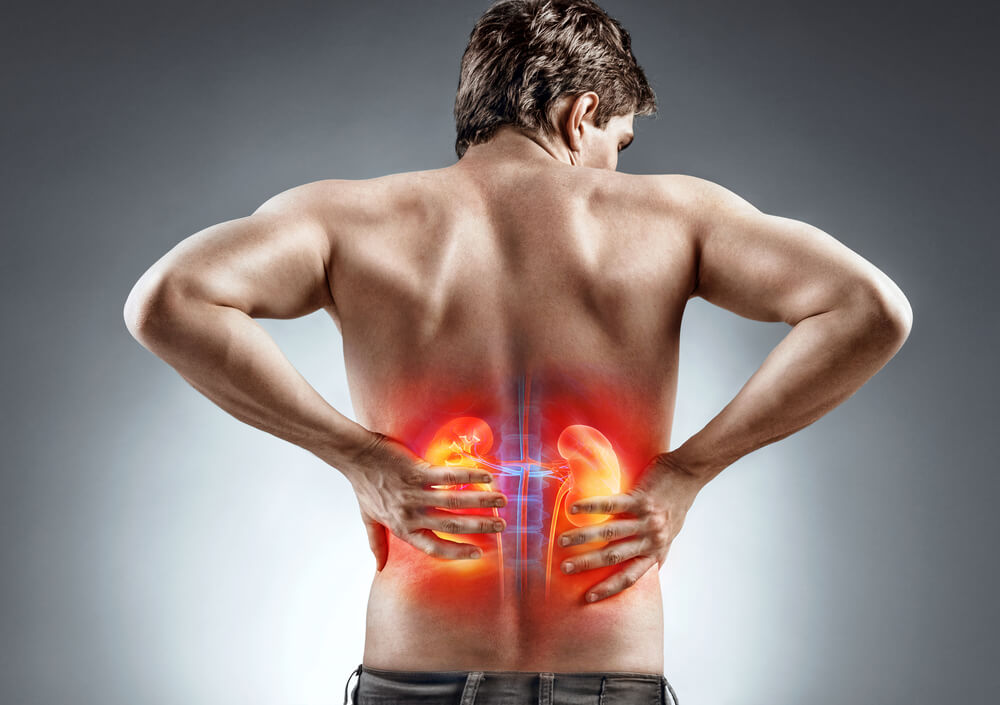DIAGNOSIS
The history of the patient, physical examination, and laboratory examinations, including pregnancy, blood, and urinary tests, are the basis to diagnose kidney pain, and it is necessary to order a CT scan or an MRI for the abdomen and pelvis.
TREATMENT
Treatment of the source of kidney pain relies on the real underlying cause; however for pain, ibuprofen, ketorolac, and/or acetaminophen are typically used in general. However, antibiotics are typically needed if a bacterial infection is the underlying cause of the pain.
Some people may naturally resolve their kidney pain and its cause but other patients may need surgery.
This can be avoided by preventing such situations that are the root causes of kidney infection and/or kidney injury.
The prognosis for those with kidney pain depends on the cause and when treated rapidly and properly, most patients will recover.


